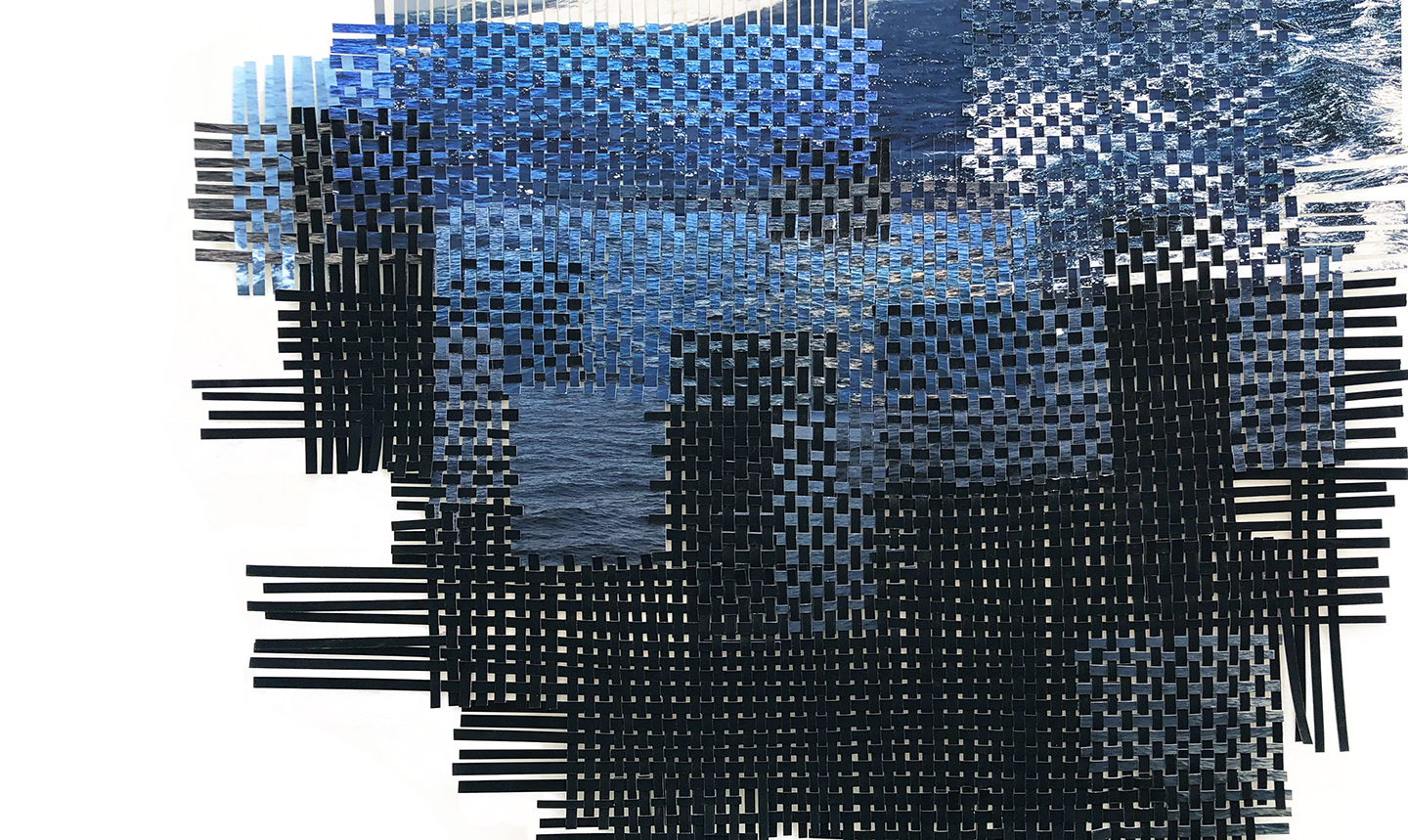As people scramble to respond to an unfolding disaster, public-health emergency or other crisis, there tends to be a lot of confusion and seemingly little room for analysis. But when the dust settles, how do we document and what do we become?
AfterLab, a new research group at the iSchool, is dedicated to thinking about what happens after — the aftermath of disasters, afterlives of personal data, after careful attempts at ethical governance of technologies fail, and even what happens to our digital artifacts after we’re gone. Rather than cranking out prototypes and papers, the lab takes a longer view, looking at information science from critical and social science perspectives to learn how the uses of information urgently affect different people, especially those who have long been marginalized or oppressed.
“We want to make space for zooming out and asking these big, thorny questions that have preservation, epistemological and political implications,” said Anna Lauren Hoffmann, one of three iSchool faculty members collaborating on the lab.
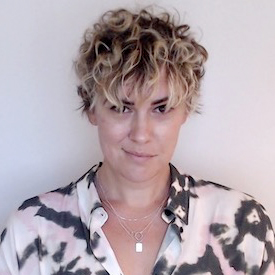
Hoffmann is starting the lab with fellow iSchool Assistant Professor Marika Cifor; iSchool Associate Professor Megan Finn; and Tonia Sutherland, an assistant professor at the University of Hawai’i. The team shares a common interest in the ways in which upheaval creates avenues to study social structures. For each of them, the aftermath of a crisis brings fresh perspective to issues such as ethical data practices, equity and justice in archiving, and how the information infrastructure helps or harms people.
Hoffmann’s work focuses on how the ethical debates surrounding information technology allow people to articulate and contest different visions of a good or just world. In her research, she has investigated how idealized discussions of data and algorithms can mask more pernicious harms, a phenomenon she calls “data violence.”
AfterLab’s wide latitude is one thing that appeals to Hoffmann. Rather than focus its research on a particular technology or topic, the lab takes a broader cultural perspective — a “vibe” rather than a narrow agenda, she said.
“We’re always situated in a moment, we’re always coming from somewhere, we’re always going somewhere else,” Hoffmann said. “To really think about the role of information science and technology in those ongoing processes of social formation is what excites me.”
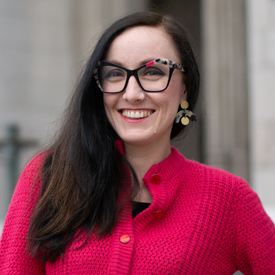
Cifor brings an archivist’s perspective to the group, and, like Hoffmann, the perspective of a feminist scholar. Her research centers on how archives and data can be deployed to support social justice movements, and she investigates how archives are influenced by the power dynamics around gender, sexuality, race and other forms of difference.
“What always interests me about archives is, what does our relationship to the past say about the present?” she said. “How do we engage with the past and how does that shape present realities and future possibilities?”
Cifor’s forthcoming book, Viral Cultures: Activist Archiving in the Age of AIDS (University of Minnesota Press, 2022), examines ways in which AIDS activists documented their work as they were doing it, investigating what records are captured, who keeps them and how they are used to tell the story of the ongoing HIV/AIDS epidemic. She has seen a shift in recent years toward archiving historical events in real time — a trend she’s interested in exploring in AfterLab.
“There are many projects that document COVID, for example, and people’s experiences in this pandemic,” Cifor said. “I think there’s a push toward thinking about how we document events as they unfold.”
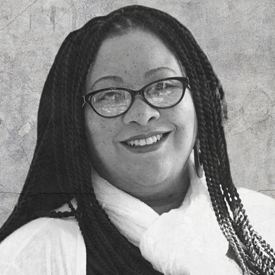
Sutherland’s recent work has focused on what happens to people’s data after death, with an emphasis on what is archived and what is erased about the lives of Black people. She is the author of a forthcoming book on the topic, Digital Remains: Race and the Digital Afterlife (University of California Press, under contract).
Sutherland also brings an island perspective: “Islands and their infrastructures are particularly prone to the after-effects of continental policies and decision-making. Hawaiʻi is often an afterthought, tacked onto the corner of the U.S. map in ways that tend to minimize the impact of its geolocation in one of the most remote parts of the Pacific. Bringing University of Hawaiʻi students into the conversations we are having in AfterLab foregrounds this ‘aftering’ in interesting and important ways,” Sutherland said.
Finn brings together science and technology studies and the history of information and technology in her research. She has written and researched extensively about crisis informatics, a field interested in the use of information and technology during and after disasters and other emergencies. Her 2018 book, Documenting Aftermath, looked at information and communication practices after three historical California earthquakes and how information infrastructures shaped the experiences of people who lived through them.
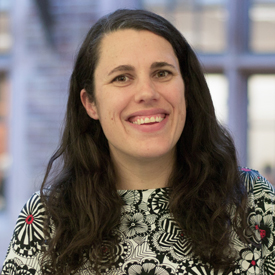
Finn is spending this academic year as a Lenore Annenberg and Wallis Annenberg Fellow in Communication at the Center for Advanced Study in the Behavioral Sciences at Stanford University. She said she sees the lab filling a niche for students who are interested in topics at the intersection of information science and critical social sciences.
“We hope to create new opportunities for students in our field to embark on research,” Finn said. “We want to create an environment where students feel they can take on big, difficult research questions that might take them a little bit of time and feel like they’ll have the support of peers and professors.”
AfterLab got its official launch with a project funded by the iSchool Strategic Research Fund. The researchers, with assistance from iSchool Ph.D. student Sarah Nguyen, are studying the role of data in the ways institutions represent COVID-19 and its effects — especially relative to race and gender. Finn also is the lead researcher on a project that recently received an NSF grant and a grant from the “digital infrastructures” project sponsored by the Sloan Foundation, Ford Foundation, Open Society Foundation, Mozilla Foundation, and Omidyar Networks. Her team is studying the work of producing COVID-19 data infrastructures in the U.S. and India.
The researchers hope the initial projects appeal to potential funders and lead to larger ones down the road. Ultimately, students will benefit from having a place in the Information School for scholarship focused on ethics and the cultural role of data and information in — and after — times of crisis.
Learn more about AfterLab at afterlab.ischool.uw.edu.
Pictured at top: "Oceans Unknown" artwork by Markel Uiru for AfterLab.
